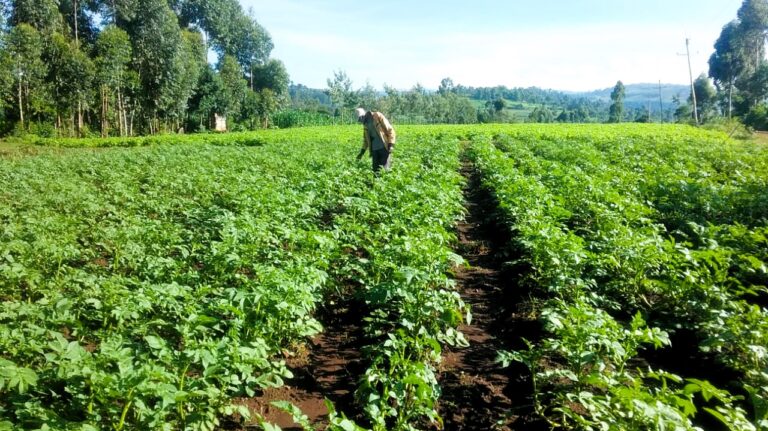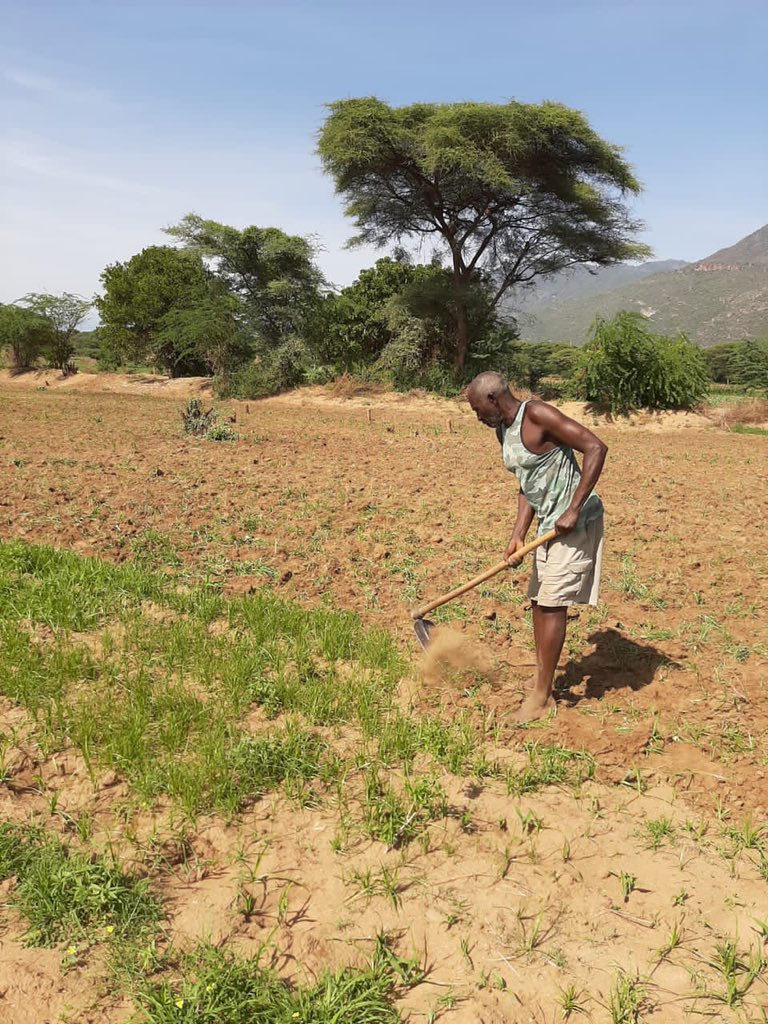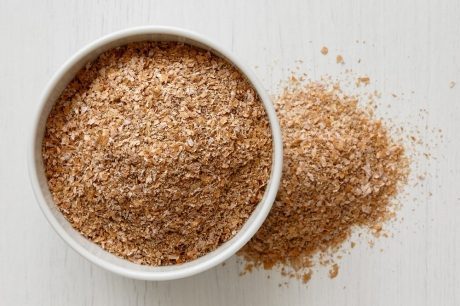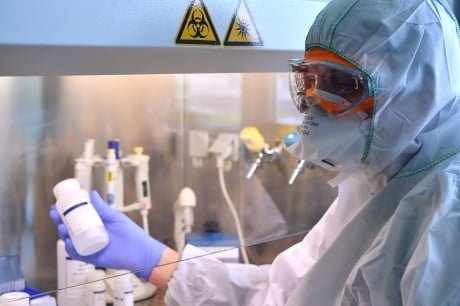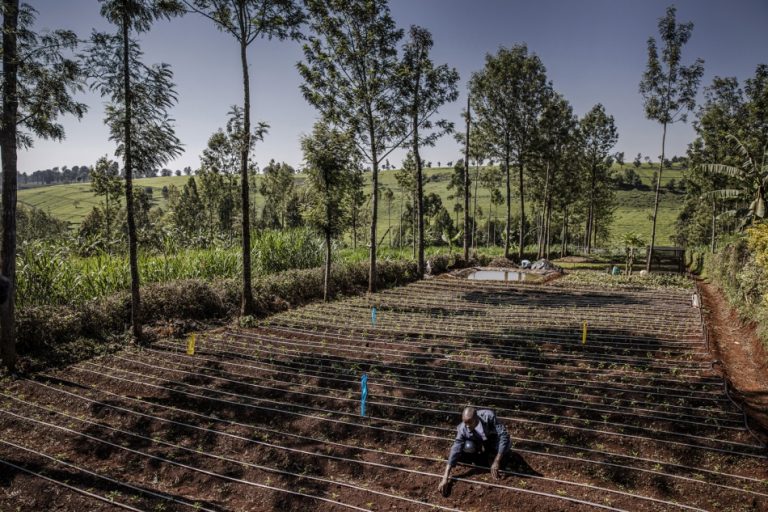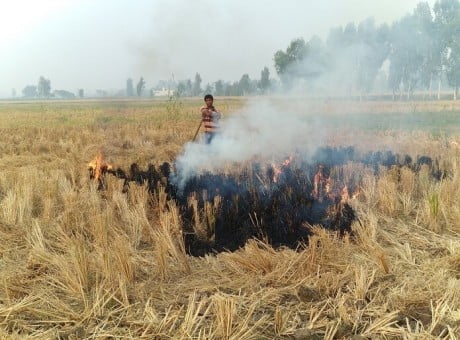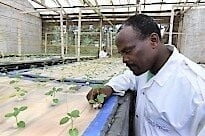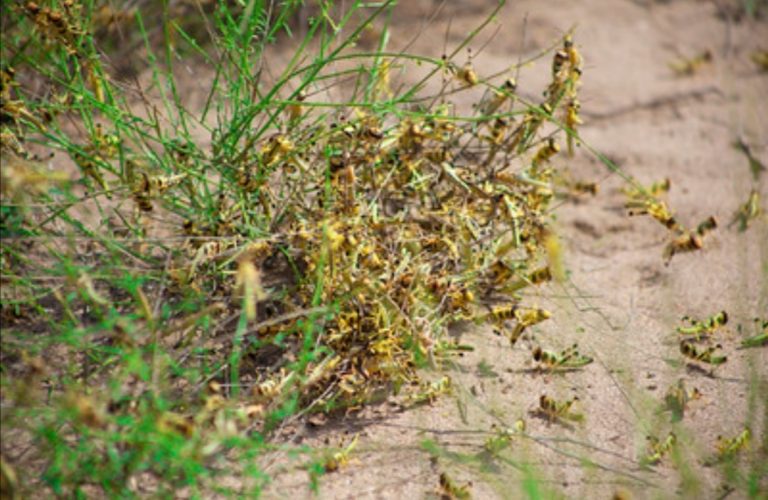When you get sick, your first thought might be to get antibiotics from your doctor. However, what you may not realize is that this seemingly small decision can have huge consequences on the health of both your specific community and society as a whole. The misuse and overuse of antimicrobials, including antibiotics, is causing a growing problem called antimicrobial resistance (AMR). AMR can lead to the failure of our most important medicines. It is estimated that infections caused by resistant germs kill one person every minute. Without global action, this number is set to rise.

Every time we use antimicrobials to treat infections – in people, animals and plants – these germs have a chance to adapt to the treatment, making those medicines less effective over time. This means that if antimicrobials are used too frequently, the germs causing the infection may become resistant to the treatment and these antimicrobials will no longer work. To add to the problem, these resistant germs can cross borders and continents, spreading between people, animals and the environment. This can result in contamination our food systems and market chains, moving from farms to our tables. Because of this, the world’s farmers have a key role in fighting AMR.
There are simple ways that farmers can take action and keep antimicrobials working, thus keeping animals and people healthy:
Reduce the risk of spreading germs
One of the key ways to stop germs from spreading is, of course, cleanliness. Farmers must wash their hands, shoes and clothing before and after contact with animals and make sure that they clear away manure and litter often.
When an animal gets sick, farmers should separate it from the rest of the animals to help prevent the infection from spreading. Farmers should practice an “all-in and all-out” approach. This means breeding, weaning and raising animals together in groups, emptying animal housing completely whenever animal groups are moved and cleaning and disinfecting housing thoroughly before introducing new animals.
Nutrition and health
An essential way to help animals stay healthy is by ensuring they have good nutrition. Water should always be clean, and animal feed should be kept dry and stored safely away from potential sources of germs, such as rodents, birds, insects or other animals.
It is also very important that farm animals are vaccinated to prevent disease. Farmers should always consult with veterinary experts to ensure all animals are protected to reduce the need for antimicrobials. If animals fall ill, it is vital to get the correct diagnosis and treatment. Buying and using the wrong medicine puts the health of farmers, their families and the animals at risk. Using the wrong antimicrobials is also a waste of time and money.
Spread the word – not germs!
Farmers are losing their animals to disease, which is putting the food security of millions of people at risk. Unless we act now, by 2050, AMR will cost the global economy an estimated $6 trillion dollars every year. It is vital that this preventative information is shared far and wide among farming communities. Everyone around the globe must work together to improve farming practices.
There is another incentive for farmers to take action against antimicrobial resistance. Stopping AMR will also be good for business. Better hygiene in livestock, poultry and fish farming means less disease. This in turn means better growth, improved production, less money spent on medicine and better profits.
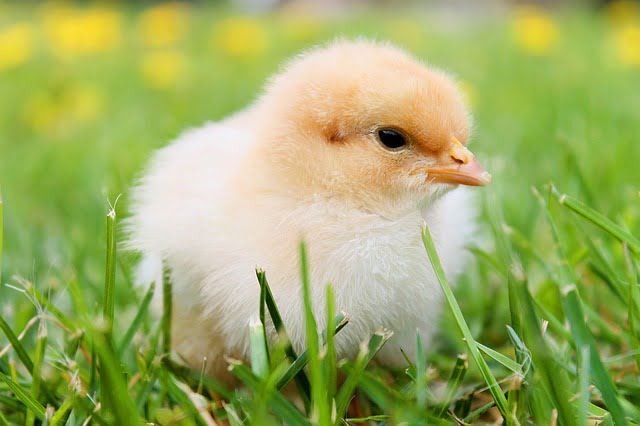
Farmers can play a key role in limiting antimicrobial resistance, but it’s also up to everyone to ensure antimicrobials remain effective for as long as possible. Some of the tips relevant to farmers are important for all of us too. For example, washing hands well and practicing good hygiene stops the transfer of bacteria and viruses. And before taking any medicine, make sure that you have consulted a doctor first to ensure 1) that you really need it and 2) that you are treating the illness with the correct medicine!
We need antimicrobials to protect ourselves and our food supply. Without these treatments, people, animals and plants are at risk of suffering and dying from infections. Luckily, we can take action now to keep antimicrobials working as they should. By following simple hygiene guidelines and taking more care with the way we use antimicrobials, we can protect and ensure the efficacy of these critical medicines.
(By FAO)


